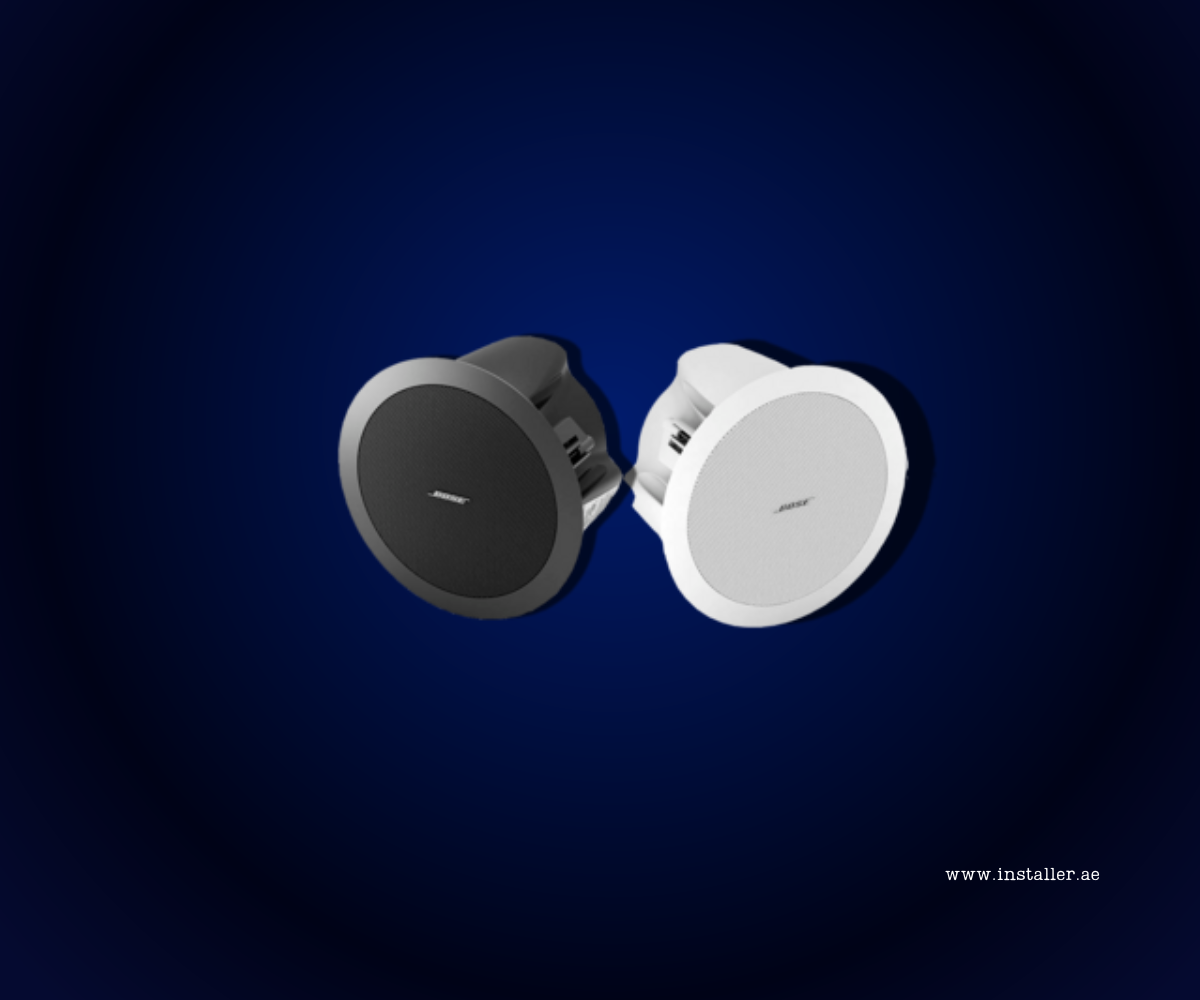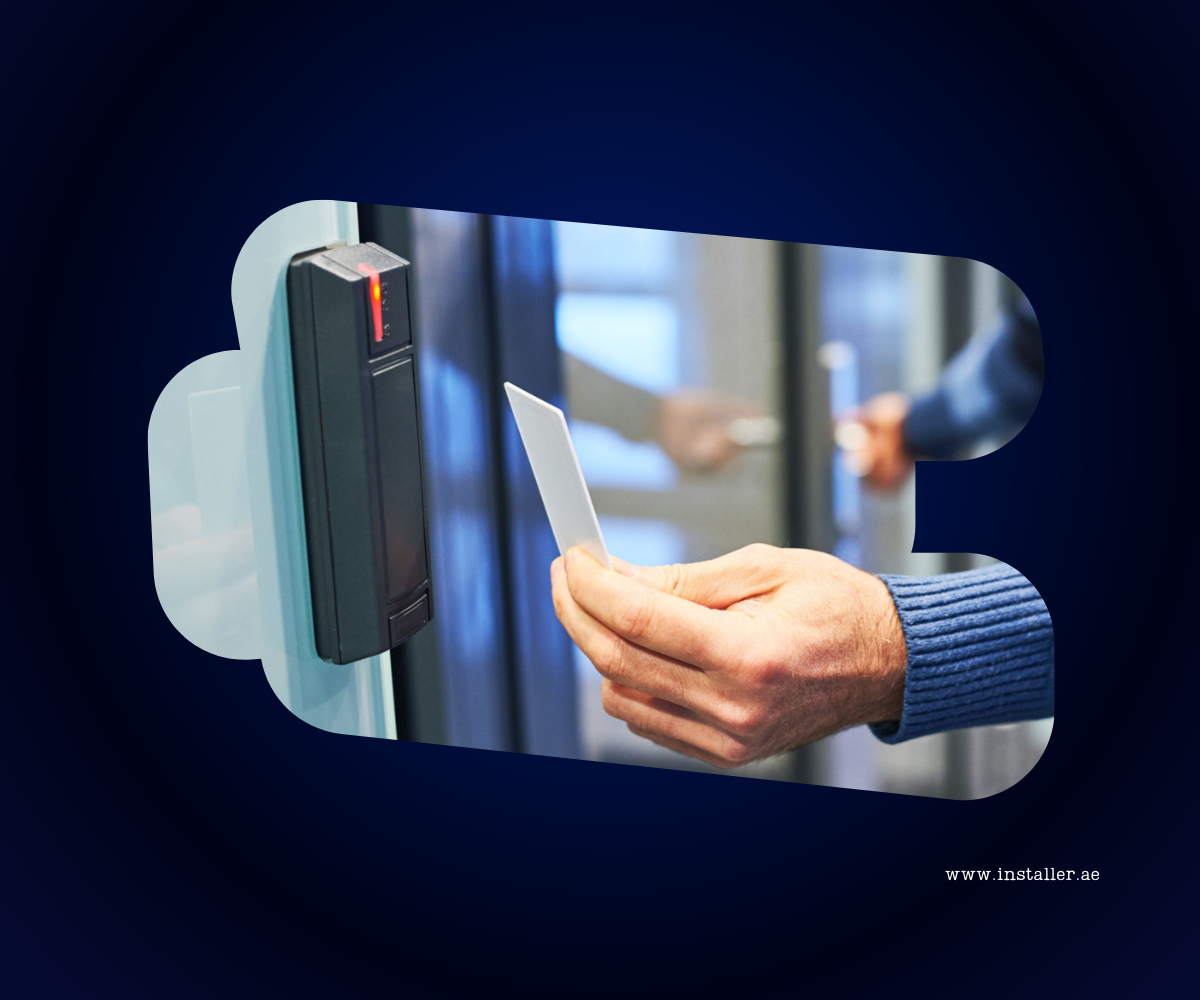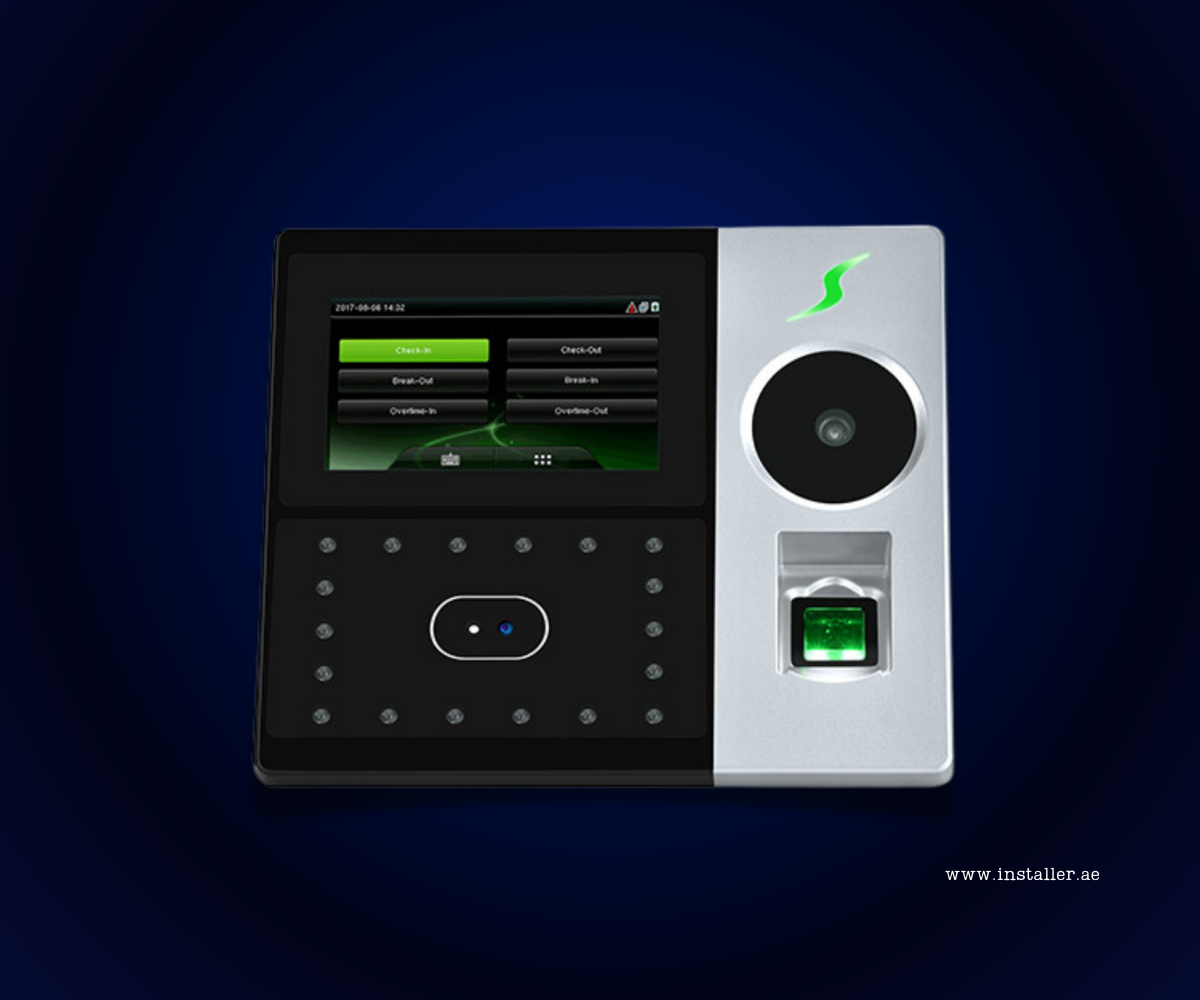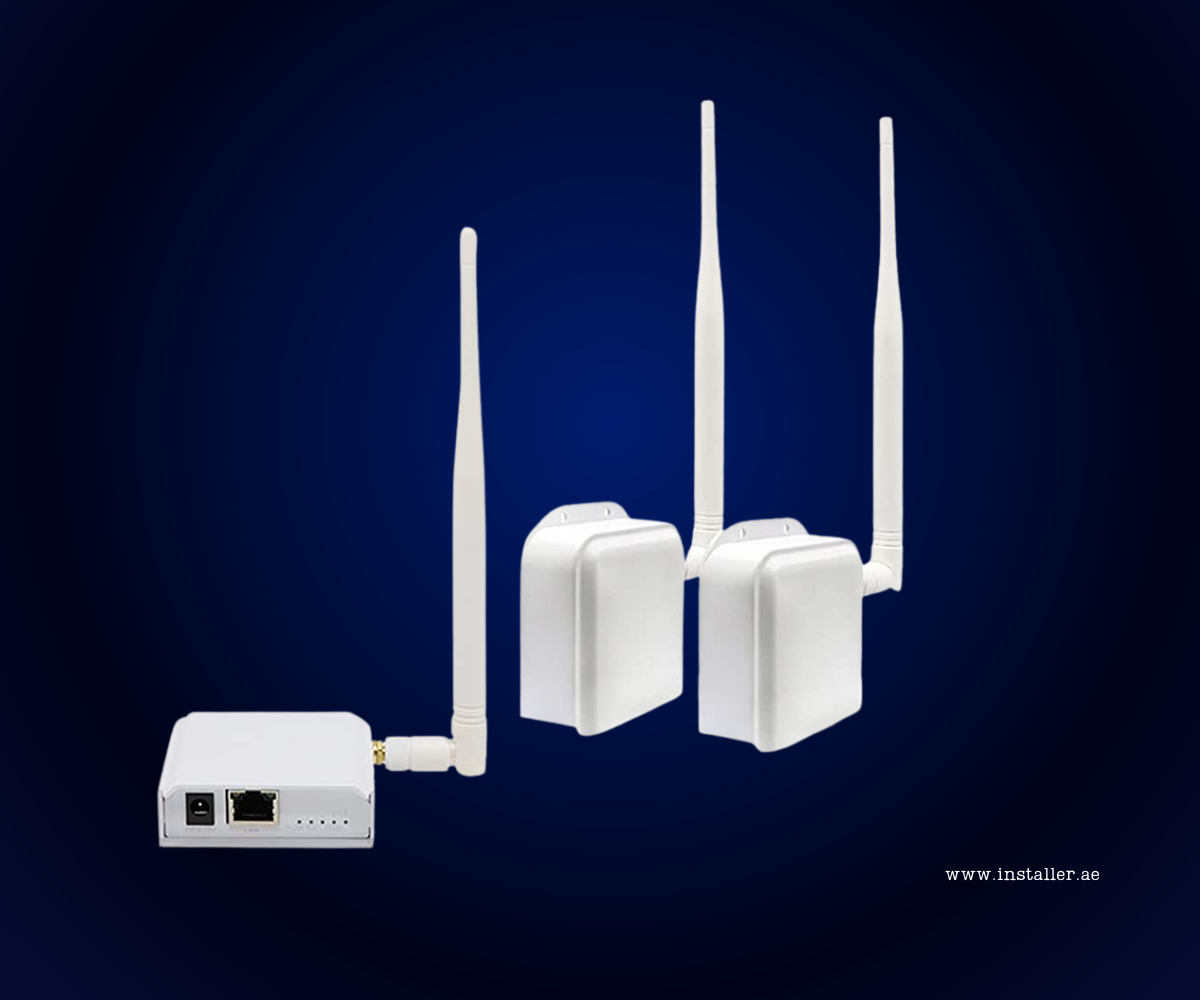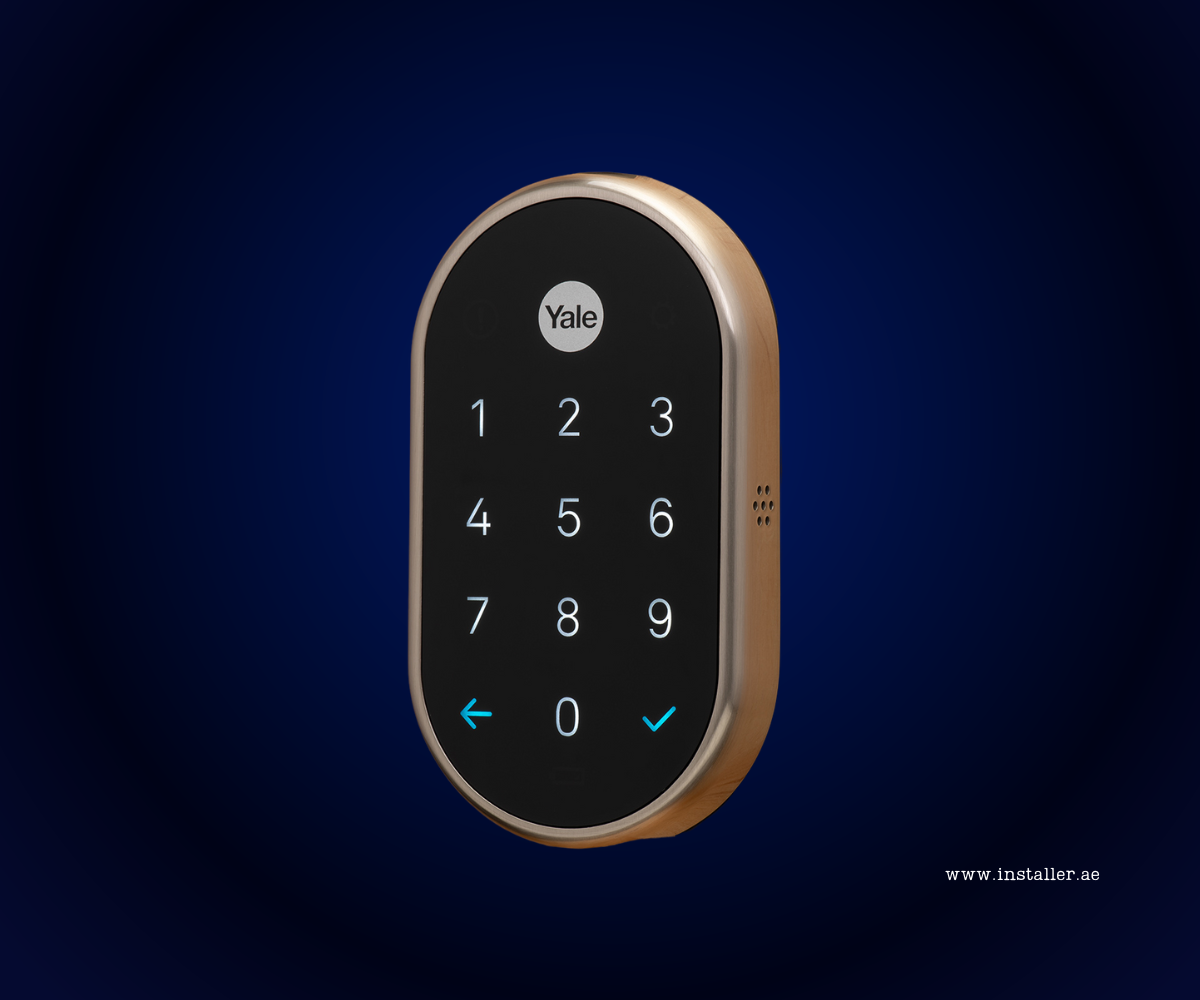Protect your home or business with expert CCTV installation services by SnapFix in Dubai and Abu Dhabi. Learn how we enhance security with advanced surveillance solutions.
Electronic Article Surveillance and its Importance.
Electronic article surveillance (EAS) systems are widely used in retail environments to reduce theft and enhance security. An EAS system consists of tags or labels attached to items and antennas placed at exits or other areas where theft may occur. When a tagged item passes through an antenna, an alarm is triggered, alerting security personnel to the possible theft.
EAS systems are important for a number of reasons. Firstly, they act as a deterrent to potential thieves. Knowing that an item is tagged and will set off an alarm if stolen can make someone think twice before attempting to steal it. Secondly, EAS systems can help retailers to recover stolen items. By sounding an alarm when a stolen item is taken through an exit, security personnel can identify the thief and recover the item. Thirdly, EAS systems can help retailers to reduce losses due to theft. By deterring theft and recovering stolen items, retailers can reduce their losses and improve their profitability.
Importance of a CCTV Camera Installation
CCTV cameras are important for enhancing security and surveillance in different settings such as homes, offices, and public places. These cameras can help deter crime, identify criminals, and provide evidence in the event of a crime. They can also be used to monitor employee behavior, traffic patterns, and other activities in different settings.
Why video intercom systems for a villa?
Video intercoms are an important security tools that allow you to communicate with visitors before allowing them access to your property. They are particularly important for homes and gated communities where controlling access to the property is critical. Video intercoms allow you to see and communicate with the visitor before opening the door, which enhances security and prevents unwanted visitors.
Top-class Speaker Systems for Villas and Shops
A speaker system is an important tool for communication and entertainment in villas. It allows you to broadcast messages, music, and other audio content throughout the villa, which can enhance entertainment and communication. In emergency situations, a speaker system can be used to alert residents and provide important instructions.
Why do we need a PABX solution in every office?
A PABX (Private Automated Branch Exchange) system is an essential tool for managing communication in an office environment. It gives you the ability to handle incoming and outgoing calls, move calls across various departments, and offer additional communication services like as voicemail and call forwarding to users. In-office communication may be helped along to a greater degree by a PABX system, which in turn can boost both productivity and efficiency.
What is a door access control system and why is it important?
Door access control systems are important for controlling access to restricted areas in a building or facility. These systems allow you to restrict access to certain areas, such as server rooms, research labs, and other secure areas. Door access control systems can help prevent unauthorized access, which enhances security and protects valuable assets.
What is a Time Attendance Machine Solution For Workplace?
A time attendance machine is an important tool for managing employee attendance and productivity. These machines allow you to track employee attendance, monitor employee productivity, and generate reports on employee performance. Time attendance machines can help improve productivity and efficiency in the workplace, which can lead to increased profitability and success.
What is Wi-Fi Access Point and its uses ?
A Wi-Fi access point, or wireless access point, is a device that enables wireless devices to connect to a wired network. Access points are commonly used in businesses, schools, and homes to provide wireless access to the internet or a local area network (LAN).
Wi-Fi access points provide a number of benefits, including increased mobility, improved productivity, cost-effectiveness, flexibility, enhanced security, scalability, and improved user experience. As more and more devices become wireless, Wi-Fi access points are becoming increasingly important for businesses, schools, and homes. By providing wireless access to the internet and network, access points enable users to stay connected and productive no matter where they are.
Benefits of Wi-Fi Access Points
- Improved productivity: Wi-Fi access points can also improve productivity by allowing employees to access files and data from anywhere within range of the access point. This eliminates the need to transfer files from a wired computer to a mobile device, which can save time and increase efficiency.
- Increased mobility: One of the primary benefits of Wi-Fi access points is increased mobility. With a wireless connection, users can move around freely without being tethered to a wired connection. This is particularly important in business environments where employees need to move around the office or in schools where students may need to move between classrooms.
- Enhanced security: Wi-Fi access points also provide enhanced security. Many access points offer features such as encryption and authentication to protect against unauthorized access. Additionally, access points can be configured to allow only authorized devices to connect to the network, further enhancing security.
- Cost-effective: Wi-Fi access points are often more cost-effective than traditional wired networks. With a wireless network, there is no need to run cables throughout a building, which can be expensive and time-consuming. Additionally, wireless networks can be expanded easily by adding additional access points, rather than running additional cables.
- Increased flexibility: Wi-Fi access points also provide increased flexibility. With a wireless network, users can connect to the internet or network from anywhere within range of the access point. This is particularly useful for businesses or schools that need to accommodate large groups of people, such as conferences or meetings.
- Increased scalability: Wi-Fi access points are highly scalable. As the number of devices and users increases, additional access points can be added to the network to provide more coverage and bandwidth. This makes it easy to expand the network as needed without having to make major changes to the infrastructure.
- Improved user experience: Wi-Fi access points can also improve the user experience. With a wireless connection, users can connect to the internet or network quickly and easily, without having to deal with the hassle of cables and wires. This can make it easier for users to get work done and improve overall satisfaction.
What is a smart lock and why is it important ?
Smart lock systems are electronic locks that can be controlled remotely using a smartphone or other device. These locks are becoming increasingly popular in homes and businesses because of their convenience and security features. Smart lock systems can be programmed to allow access only to authorized individuals, and can also be used to monitor access and provide alerts if someone tries to enter without permission.
Smart lock systems offer a number of advantages. Firstly, they are convenient. Instead of carrying keys or remembering a combination, users can simply use their smartphone to unlock the door. This can be particularly useful in situations where multiple people need access to a building or room, as individual access codes can be assigned to each person. Secondly, smart lock systems are more secure than traditional locks. They can be programmed to allow access only to authorized individuals, and can also be used to monitor access and provide alerts if someone tries to enter without permission. Finally, smart lock systems can be integrated with other smart home or business systems, such as security cameras and alarms, to provide a comprehensive security solution.





